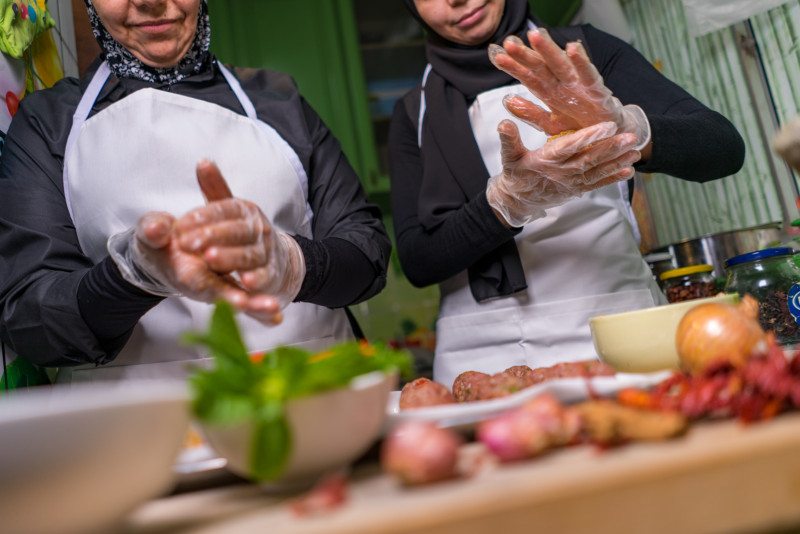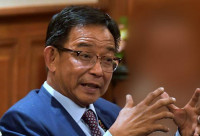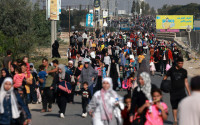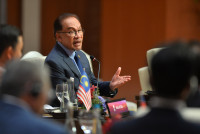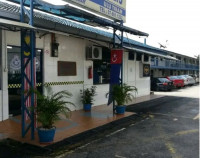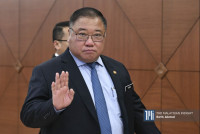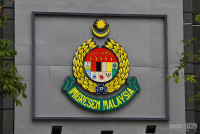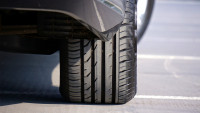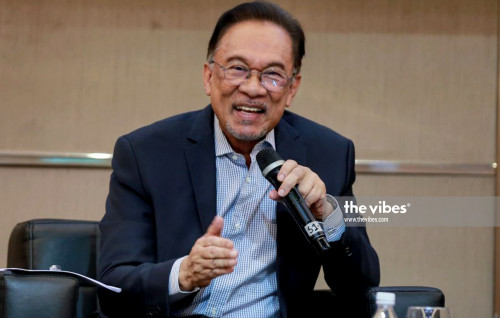ONE of the more sound and humane discussions surrounding refugee ingressions and assimilation in our public discourse is creating sustainable livelihoods for these vulnerable communities in the country as the influx grows.
However, it takes more than a handbook to allow the displaced to achieve some degree of success during asylum. Promoting enhanced skills or encouraging income-generating activities goes beyond following written instructions and more on the actual deeds that allow refugees to actively take part.
Working hard to do its part is social enterprise PichaEats (originally named The Picha Project), a food business that works closely with refugees in Malaysia by helping them to develop self-reliance and a sense of entrepreneurship.
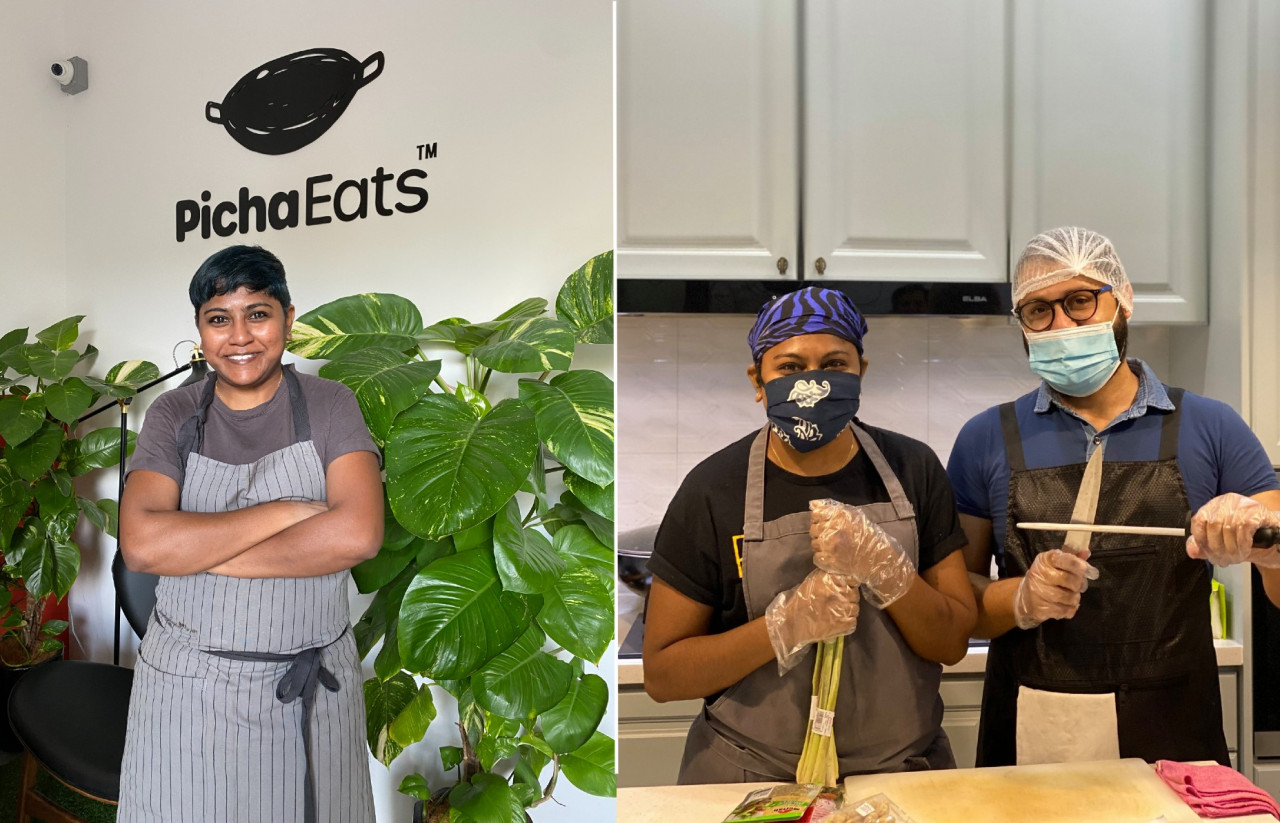
Growing together
What started out as a university project that started back in 2013, catering food to corporate groups and companies has now become a fully functional delivery service that benefits 150 individuals across vulnerable groups from seven countries – Syria, Palestine, Afghanistan, Pakistan, Somalia, and Myanmar (Rohingya & Chin).
“Apart from the foreign groups, a percentage of the individuals also represent urban poor Malaysians,” shared CEO and co-founder Kim Lim.
Prior to starting PichaEats, Kim, together with co-founders Lee Swee Lin and Suzanne Ling, were individually involved in charity and wanted to have a “life-long career that is purposeful.”
“We wanted to venture in business and so we thought why not create something that helps to also directly empower the community as we [the business] grow,” she added, and highlights that the social enterprise now works with up to 30 Picha Chefs that “we call partners (with 12 currently active) who are the breadwinners of the families that we are helping.”
“Some would cook from home (with strict guidelines and hygiene checks) and some will be cooking from our central kitchen with head chef Parimalar Devi – who joined PichaEats because she was drawn by the opportunity to make a difference in the lives of its refugee chefs – helping monitor the quality of the meals.
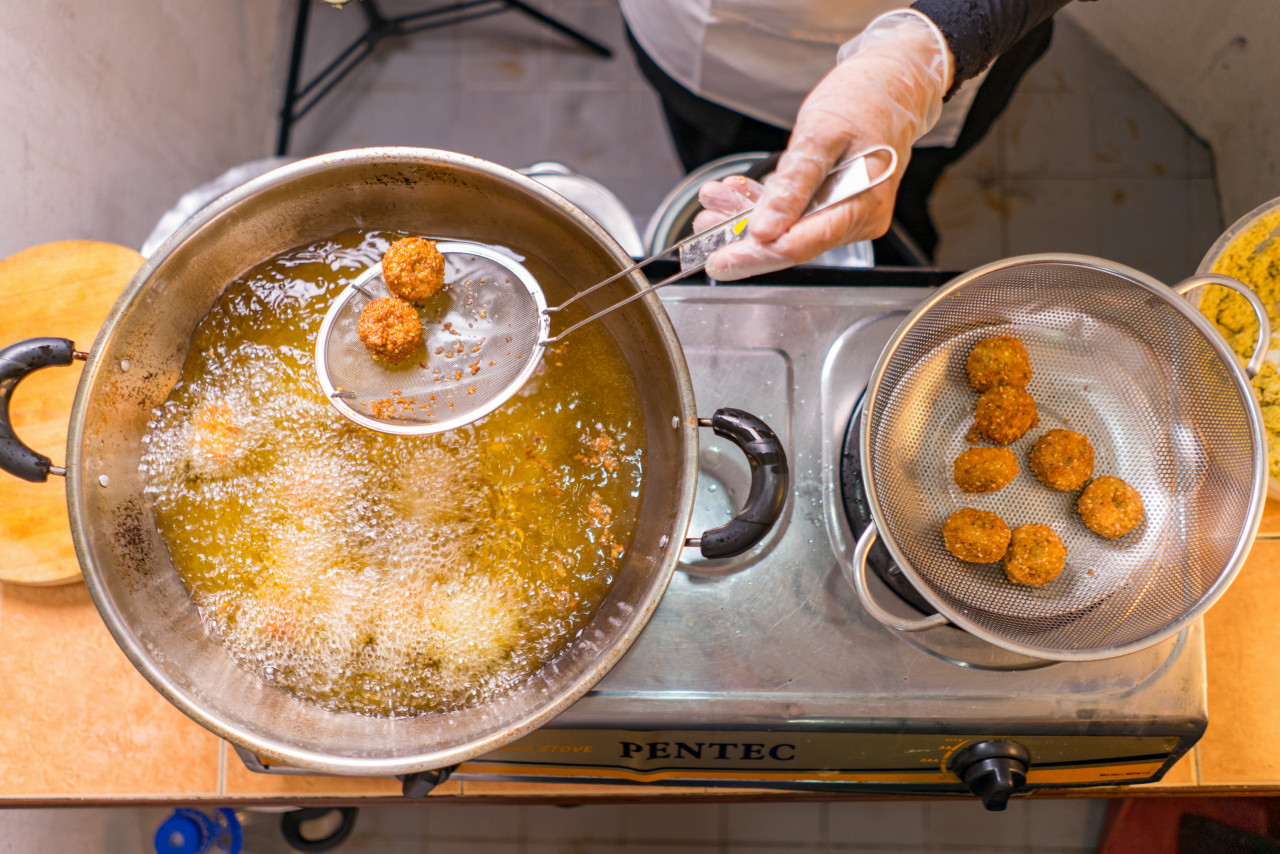
“Eventually all the meals prepared would go to the central kitchen for packaging before deliveries (done inhouse) are made,” shared Kim.
“We run on a 50-50 business model where half the portion of the revenue from the meals we make goes to the chef as their earnings, which will help elevate their economic burden. The remaining portion goes to the coordination and logistics as well as packaging to keep the business afloat.
“This has been the arrangement since we started, and we do our best to maintain it. If there are some changes, we make sure the decision is carefully considered together with the chefs that help to prepare the meals. I am happy to say that we have been profitable in the last three years and broke even last year,” she added.
Resilience through agility
On the hustles that went in when the pandemic hit: “We had to move away from our original offering of being a catering service for individual and group events as soon as the movement control order (MCO) started.”
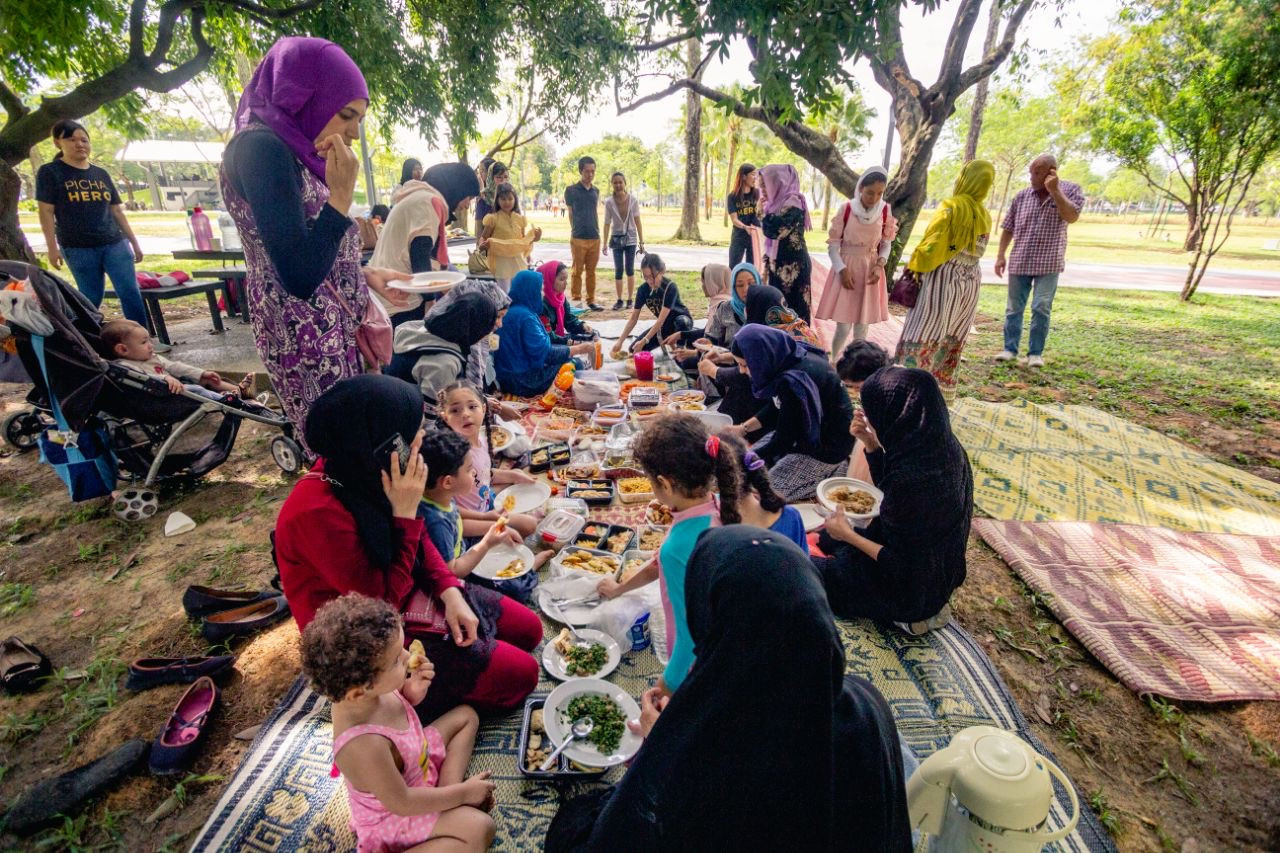
“Many at the time had lost jobs and were struggling to put food on the table, and so we made a conscious decision to be focusing on feeding frontliners through The Zaza Movement (named after our late chef), where multiple organisations participated in sponsoring food to them [frontliners] and the B-40 community,” noted Kim.
However once MCO eased, the pattern of their consumers shifted again where personal orders are back in demand. According to the CEO, people were afraid to go out and prefer using delivery services and “prefer to have their meals from the comfort of their own home.”
“Given this, we quickly pivoted (sometime in August about two months after ideations began) the business to accommodate this type of home delivery service, while at the same time worked on finding cost-efficient ways to prepare menu items and tweaking recipes that can help us produce more meals per batch,” she added, noting it was when the idea behind having PichaEats’ ready-to-heat meals first sparked.
“We were simply looking at more sustainable ways to manage orders better where our logistics can cope as well.”
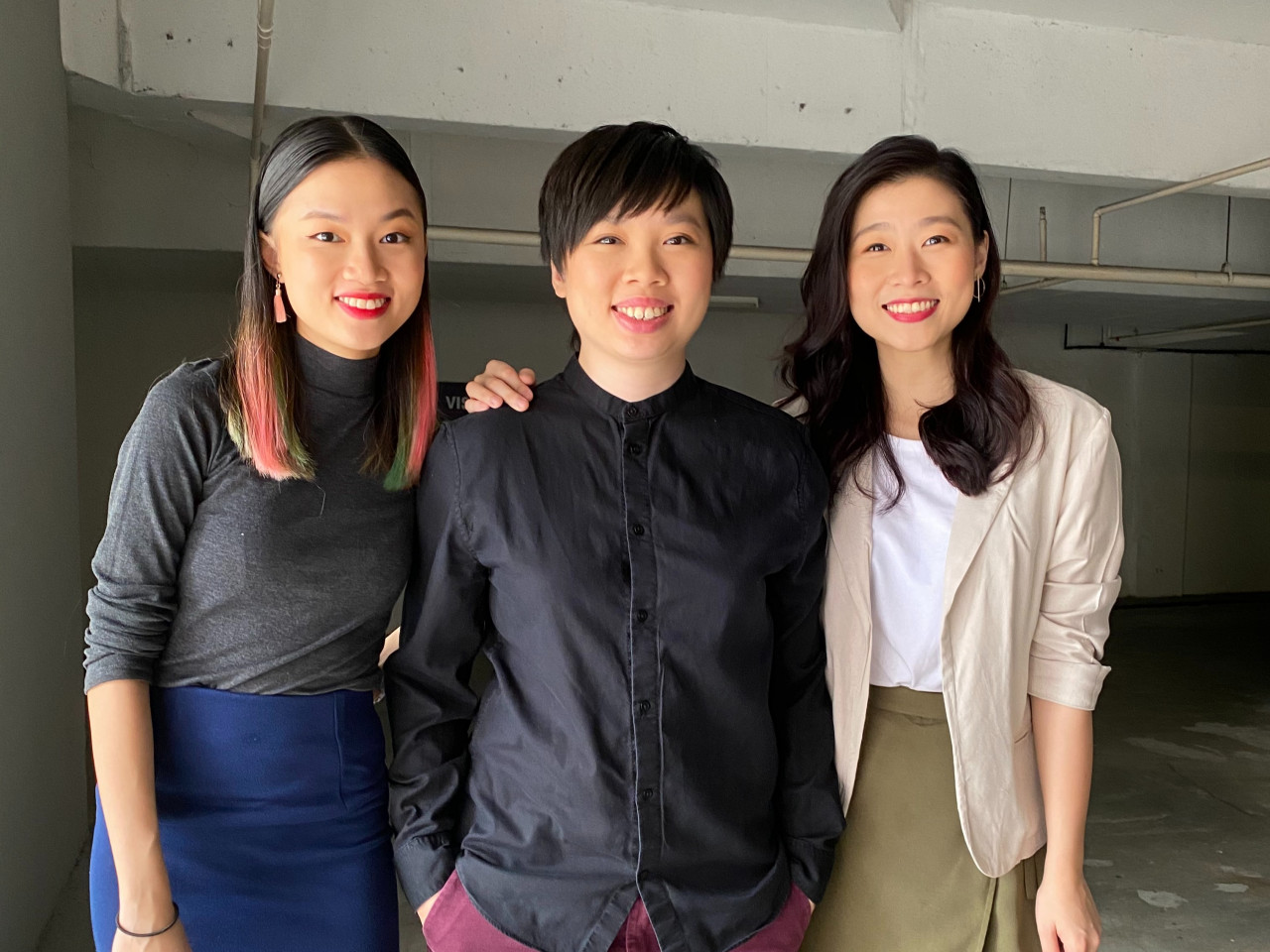
The ideation behind the ready-to-heat meals, “designed for on-the-go working adults, mothers and young/old couples with busy lifestyles,” was noted to be very organic where it also involved feedback gathering that started with off with close friends and then expanded to 1,000 over respondents that were keen to subscribe to such service.
The user testing was also a way for PichaEats to understand their consumers’ behaviour and their spending patterns better.
“We did set out for 2020 to be the year where we would double down on our catering-based operations, the pandemic actually just helped us in expediting our planned activities faster. It forces us to innovate and think in the consumers’ shoes, adapt and be much more flexible,” said Kim.
“I think whatever we have gone through in the last few months was a learning and rewarding experience combined. If we were to have gone on with this approach the first year since we officially launched, we have not been as mature as we are today. The entire process also made it possible for our partners (refugees) to highlight their culinary skills in a different format,” she said.
Championing inclusivity, she stresses that the core team works closely with partners in driving business solutions together because “we simply wouldn’t exist without the individuals that we vow to empower and help keep PichaEats running.”
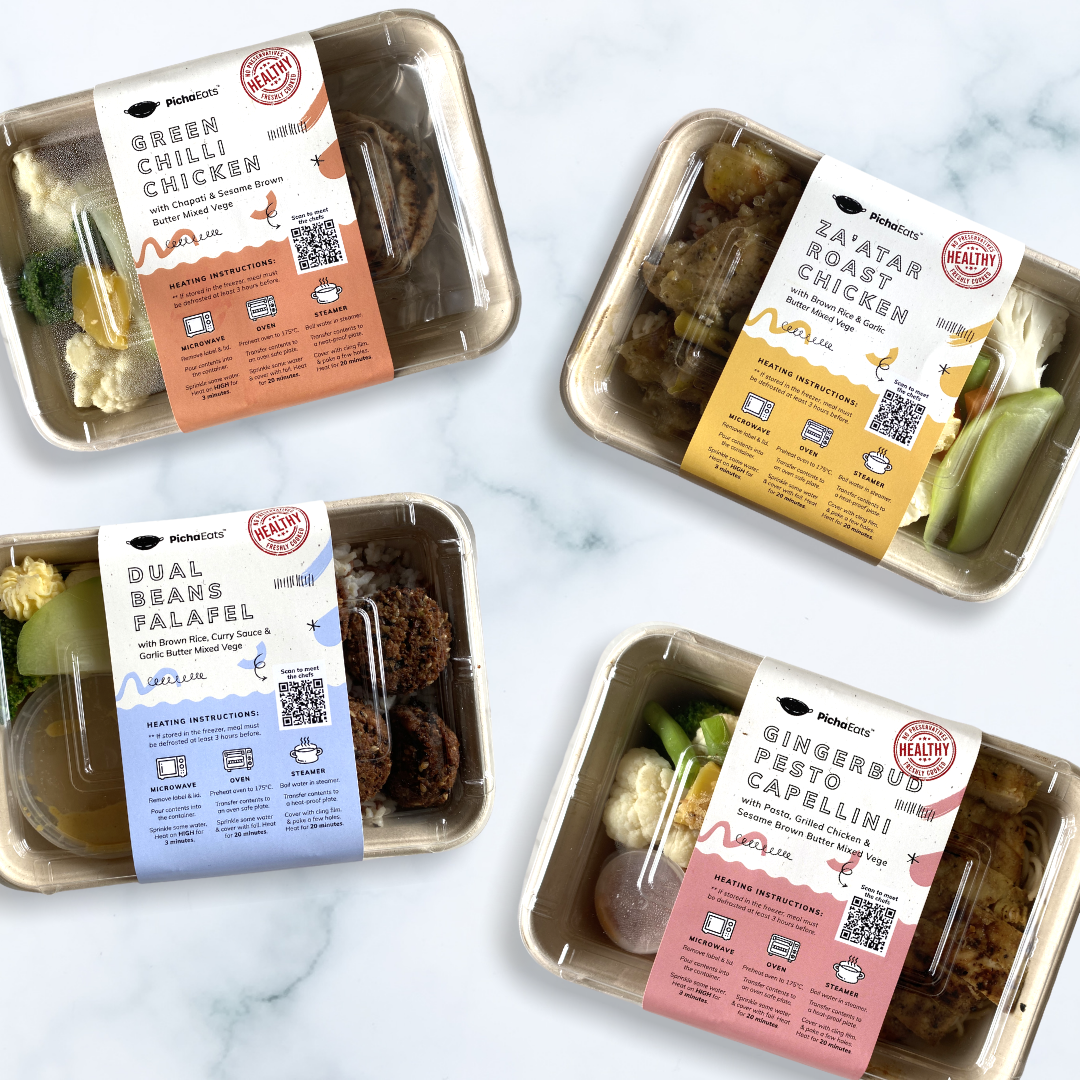
“We decided to name our project ‘Picha’ after a refugee boy as a reminder that the business is for the people and will continue to grow to help more families,” noted Kim.
“During the pandemic, our mission to ensure their livelihood (communities benefiting from our operations) is sustained became heightened. For the chefs, they were also equally driven to be in the fight to do their part in the Covid relief efforts, being motivated by a sense of purpose in a nationwide act of supporting each other,” she added.
A continuous positive influence
According to Kim, some of the challenges in the initial stages of setting up the food business were of course having language as the barrier and navigating it to better explain the motivations behind PichaEats, “but that did not stop us from pursuing.”
“When we first started out, we gained a list of names from the United Nations High Commissioner for Refugees (UNHCR) and expanded our network of contacts by going straight to the communities and building direct relationships with them,” she noted.
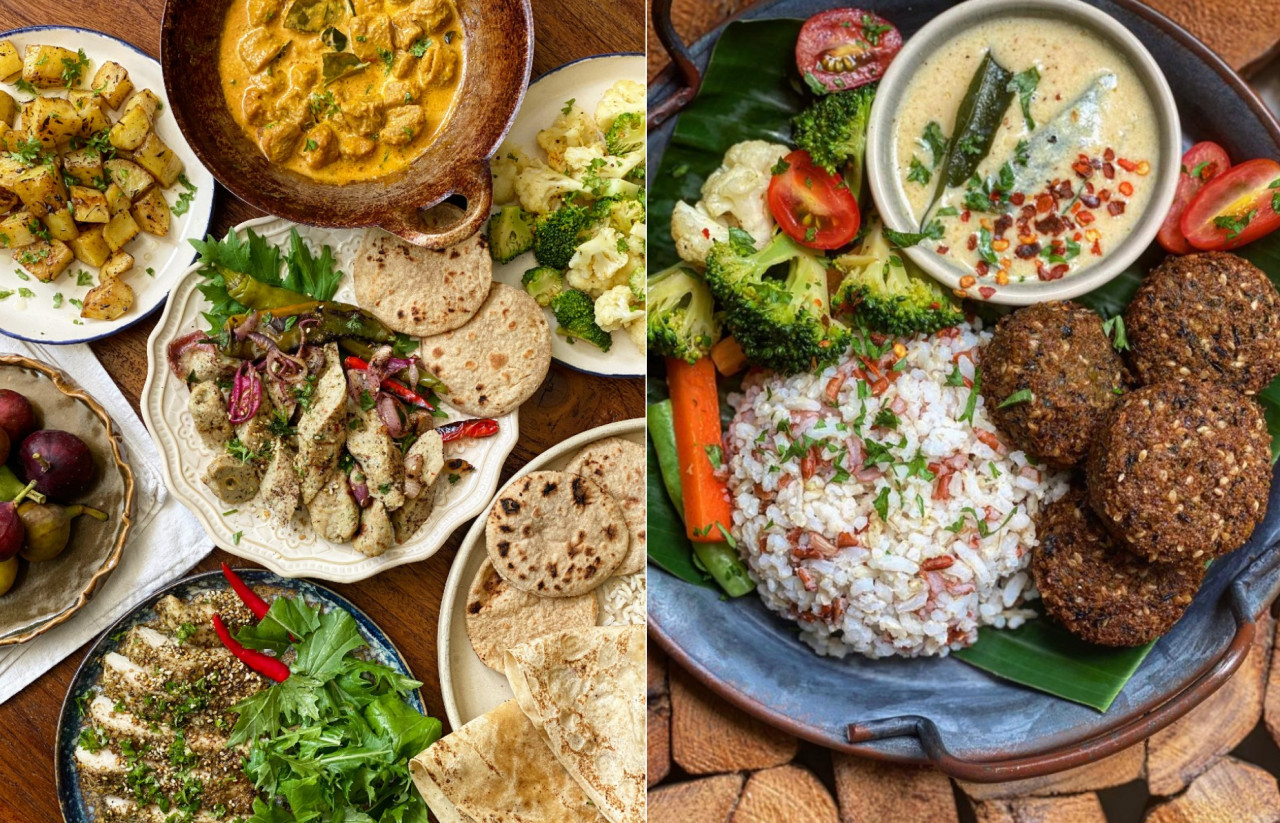
“Obtaining the precise recipes for the meals and guiding the chefs that help prepare them to maintain a level of discipline in the cooking methods to maintain some sort of consistency is another operational responsibility that takes time to perfect.
“However, the main challenge that we look at overcoming is our partner’s economic background where the conditions range from medical and debt issues (mostly concerning rental) to helping them move away from the impact of abuse from being displaced,” she added.
Hopeful of the social enterprise’s future, Kim said: “We are in plans to expand the kitchen this month as the current facilities we have now are not built adequately prepared to accommodate the recent change in operations.”
“December is also a festive month with Christmas just around the corner, so we want to emphasise on the theme of spreading joy from table to table, where customers are able to rely on PichaEats in bringing smiles across the community despite having to go through such a volatile year globally.
“Our chefs have worked tirelessly through careful research and developments processes with the product team in preparing the Christmas set and we can’t wait to be sharing it with our customers,” she added.
Believing that every entrepreneur should be optimistic and prepared for any obstacles, Kim who also co-founded another social enterprise focusing on education for refugees named E-lluminate shares, “We want to be more data driven in our decisions.”
“Rest assured there will be a lot more partnership opportunities in the pipeline as we explore more business-to-consumers (B2C) and ready-to-heat meal concepts. We have about 150 subscribers starting two months ago and are aiming at gaining around sub 500 subscribers by year-end.” – The Vibes, December 5, 2020



